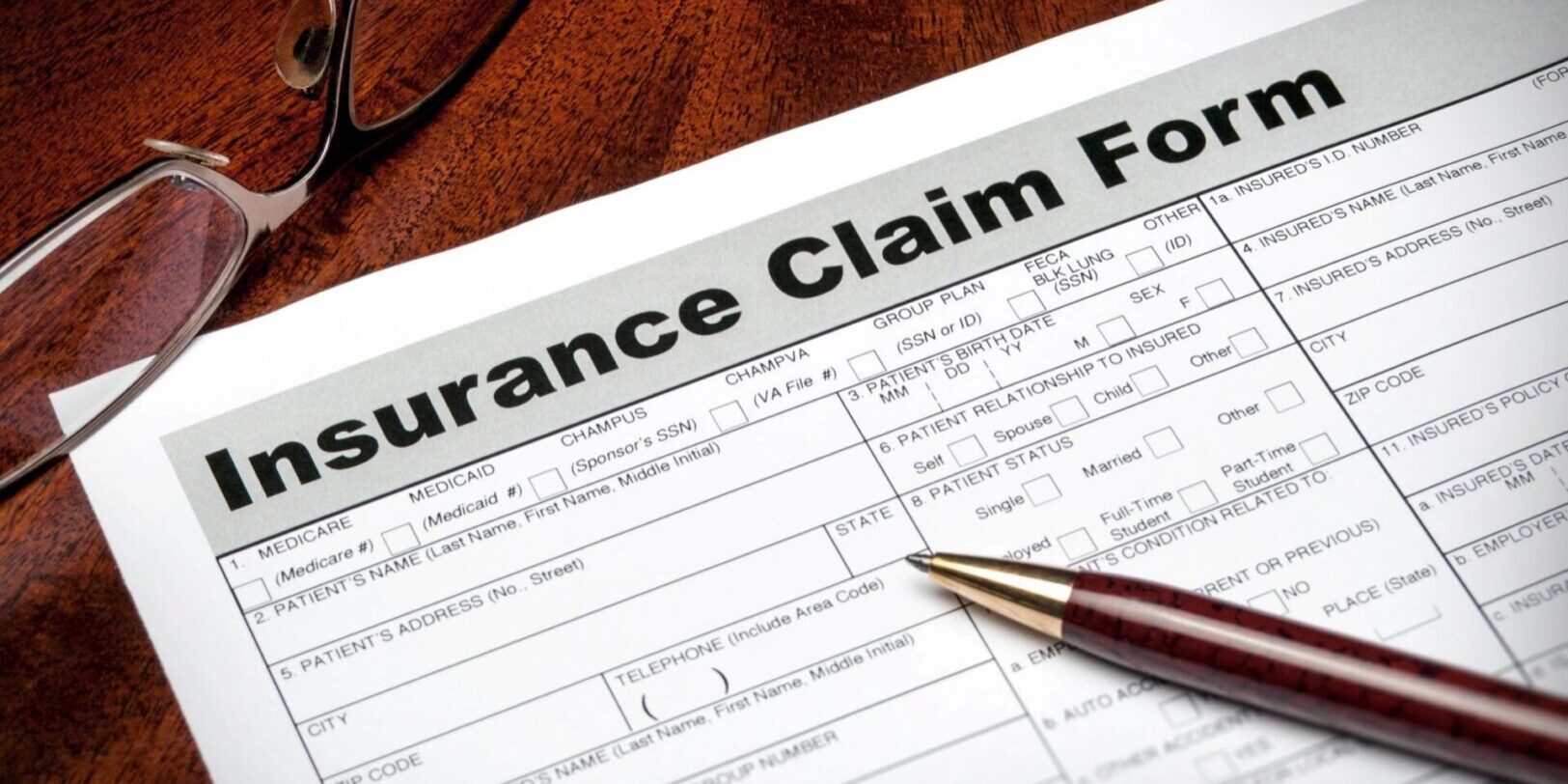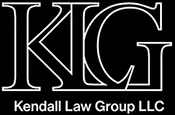
Understanding Your Medical Bills After a Personal Injury
After a personal injury, it can be difficult to manage your medical bills. If you have private health insurance, we recommend providing this information for the payment of your related bills. Insured individuals typically pay less for charges according to contractual agreements with their health insurance company, significantly reducing their overall medical damages and personal responsibility. This recommendation includes all types of health insurance such as private insurance, Medicaid, and Medicare.
Those who are uninsured, or who provide auto policy information, are charged the maximum billable amount for treatment. In many cases, the provider will file a lien against your case. A lien is a legal term used to refer to the right of a creditor to recover from a debtor. This means, once a settlement is reached, your attorney will be legally required to pay the lien before disbursing any settlement funds to you, the injured party.
Subrogation
In some cases, your health insurance provider may request reimbursement for claims paid where third-party liability is involved (when someone else causes your injuries). This is accomplished through the process of subrogation. However, the subrogation amount will only be for the lower amount your insurance company paid out to the healthcare provider, as opposed to the original, full bill amount.
In some cases, your health insurer may refuse to pay claims related to third-party liability. If this is the case, your health care provider may be able to offer you certain “uninsured” discounts.
Hospital Liens
In Missouri, for a hospital lien to be enforced, the eligible provider must provide written notice of the lien including the name of the injured person, date of the incident, and the names of all third parties who are potentially responsible. This notice must be served by certified mail to all responsible parties. Kansas also has set guidelines for hospital lien establishment and requires the provider to file the lien with the Kansas district court where the facility is located, served on the injured party by certified mail.
If you are injured in Missouri, Missouri Revised Statute § 430.225 providers protection for injured persons. According to the statute, “If the liens of such health practitioner, hospitals, clinics or other institutions exceed fifty percent of the amount due to the patient, every health care practitioner, hospital, clinic, or other institution giving notice of its lien…, shall share in up to fifty percent of the net proceeds due to the patient, in the proportion that each claim bears to the total amount of all other liens of health care practitioners, hospitals, clinics or other institutions. “Net proceeds”, as used in this section means the amount remaining after the payment of contractual attorneys’ fees if any, and other expenses of recovery.”
This means that when your case is settled, the medical providers cannot recoup a larger amount than what is due to the injured person. After attorneys’ fees and expenses are taken out of the total settlement amount, those providers holding liens are only entitled to half of the remainder of your settlement. The half set-aside for medical bills must be shared by all lien providers on a pro-rated basis, based upon what percentage of the overall medical damages their lien represents. For example, if you have the total medical damages of $4,500.00, with a hospital bill of $1,200.00, the hospital bill represents 26.6% of your total medical damages, and the lien must be reduced to 26.6% of the “provider pot” of settlement funds. This would reduce the hospital’s lien to $319.20.
Medical Payment Coverage
Some auto insurance policies have Medical Payment Coverage or Med Pay. Med Pay is a pre-set amount on your insurance policy designed for helping your pay for your medical bills. If you are injured in an auto accident, regardless of who is at fault, this amount is available to you. Please note, if you use this money to pay your medical bills, you will not be provided a contractual discount from the medical provider and will be charged the full bill amount. Alternatively, you can request for these funds to be paid to your attorney to be placed into trust until your case settles, and then disbursed accordingly. This will allow for your attorney to negotiate reductions on your behalf with your health care providers.
Personal Injury Protection
Kansas law mandates that every auto insurance policy includes a minimum of $4,500.00 of Personal Injury Protection (PIP). In addition to covering medical bills, PIP can also be used to reimburse you for other incurred expenses associated with your injury, including lost wages and “essential services” such as housekeeping. Your auto insurance company also has the option for subrogation of paid PIP coverages. This is avoidable when you have not been made fully whole by your medical treatment and if there is no duplicative coverage for your bills. This is applicable when your injuries result in long-term issues or disabilities or when your medical damages exceed the total amount available for recovery. The guidance for this process can be found in K.S.A. § 40-3113a.
A personal injury attorney can help ensure your best interest are served and that your financial wellbeing is maintained after a personal injury. Kendall Law Group strives to obtain the best possible results for our clients from intake to settlement disbursement. If you would like to seek the expertise of the Kendall Law Group, sign up now for a no-obligation case evaluation or call our office at (816) 531-3100.





